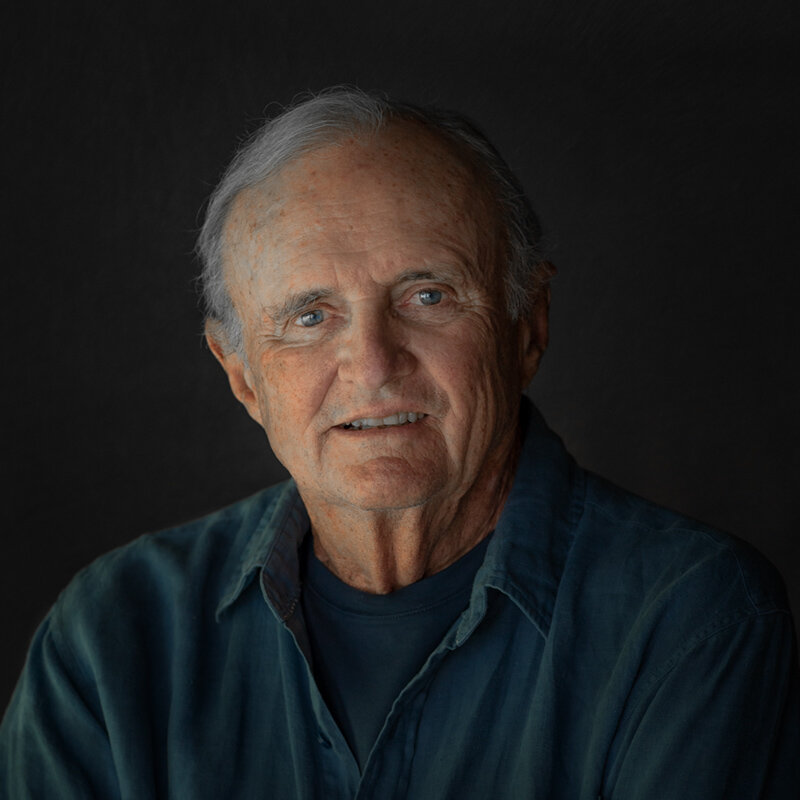Amy Bloom’s moving memoir, In Love: A Memoir of Love and Loss, is a love story about an idyllic marriage shattered when Bloom’s 60-year-old husband Brian’s forgetfulness takes over their lives. His personality changes, and he becomes distant and indifferent. “Names disappearing, repetition, information turned upside down, appointments and medications scrambled. Suddenly it seemed we argued endlessly about everything,” Bloom laments.
An MRI, with white splotches where Brian’s brain no longer exists, confirms that the culprit in his transformation is early-onset Alzheimer’s Disease. It is after this diagnosis when Brian, a big handsome former Yale football player known as Thor, makes a decision to end his life on his own terms before he is the antithesis of his accomplished and gracious self and becomes a burden. “It’s my life,” he says. “I should get to decide how to end it.” What follows is an epic tale written artfully with great candor, about the couple’s courageous but heartbreaking journey to a destination of death by assisted suicide.
Amy Bloom
Photo by Elena Seibert
Bloom is perfectly prepared to tell this story. An acclaimed author, her fiction has appeared in the best literary publications, made her a finalist for a National Book Award, and winner of a National Magazine Award. Her years working as a psychotherapist allow her special insight into the psyches, not only of herself and her husband, but of the physicians, friends and family who play roles in the couple’s existential odyssey.
Their arduous quest, led by Amy, takes them through the ravages of Brian’s dementia and around and over the stumbling blocks of a medical and legal system that criminalizes assisted suicide. Ending one’s own life proved to be as difficult as obtaining an abortion will undoubtedly be in a post-Roe America. “People who do wish to end their lives and shorten their period of great suffering and loss — those people are out of luck in the United States of America,” Bloom writes.
Various options for a merciful unassisted death — suspension of eating and drinking, carbon monoxide poisoning, a fentanyl injection, consuming an overdose of phenobarbital — are considered and rejected. Finally, Bloom learns of Dignitas, a not-for-profit organization in Switzerland that assists those who qualify in ending their lives in a humane manner. It is “the only place in the world,” she writes, “for painless, peaceful and legal suicide.”
The road to Dignitas, however, was not an easy or inexpensive one to travel. Informing family members was painful. The paperwork was tedious and lengthy. Things moved at an agonizing pace. Acceptance in the program required psychiatric and neurological consultations, air travel to Switzerland, expensive hotels and meals, and a $10,000 fee for Dignitas’ services, all out of the reach of those of average means and underwritten by Bloom’s wealthy sister.
Bloom writes masterfully about Brian’s final hours with great emotion but void of sentimentality. The death scene near Zurich, in a stark room with a couch, a bowl of chocolates, and Amy holding her husband’s hand while “her brave boy” embarks on his “long journey, miles and miles of Nought,” is one of the most powerful I have read. You know what is coming, but the suspense is still gripping. During the course of the story, I had come to like and admire this courageous, love-locked couple and empathize with them in their struggles. Although I was glad Amy’s quest, as she said “to shepherd him across the river,” was successful, and Brian’s life had finally come to a peaceful end, my heart went out to Amy in her aloneness, and I mourned for Brian as if he were a friend lost. — Daly Walker
Daly Walker
Photo by Sally Carpenter
Daly Walker is a retired surgeon and one of the fiction editors at Intima: A Journal of Narrative Medicine. His fiction has appeared in numerous literary publications including The Sewanee Review, The Louisville Review, The Southampton Review, Catamaran Literary Reader, The Saturday Evening Post and The Atlantic Monthly. His work has been shortlisted for Best American Short Stories, a Pushcart Prize, and an O’Henry award. His collection of stories, Surgeon Stories, was published by Fleur-de-lis Press. A second collection of his stories is soon to be released. He divides his time between Boca Grande, Florida and Quechee, Vermont. He teaches a fiction writer’s workshop at Dartmouth College in Osher@Dartmouth’s summer program. His short story “Resuscitation” appears in the Fall 2020 Intima.



